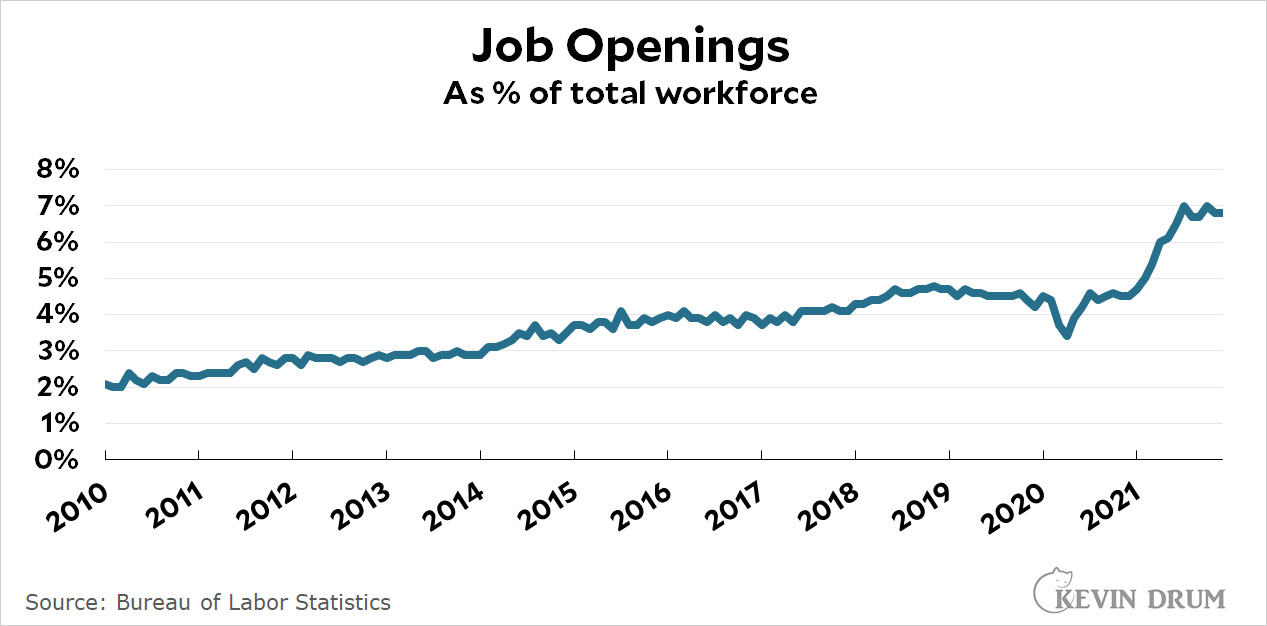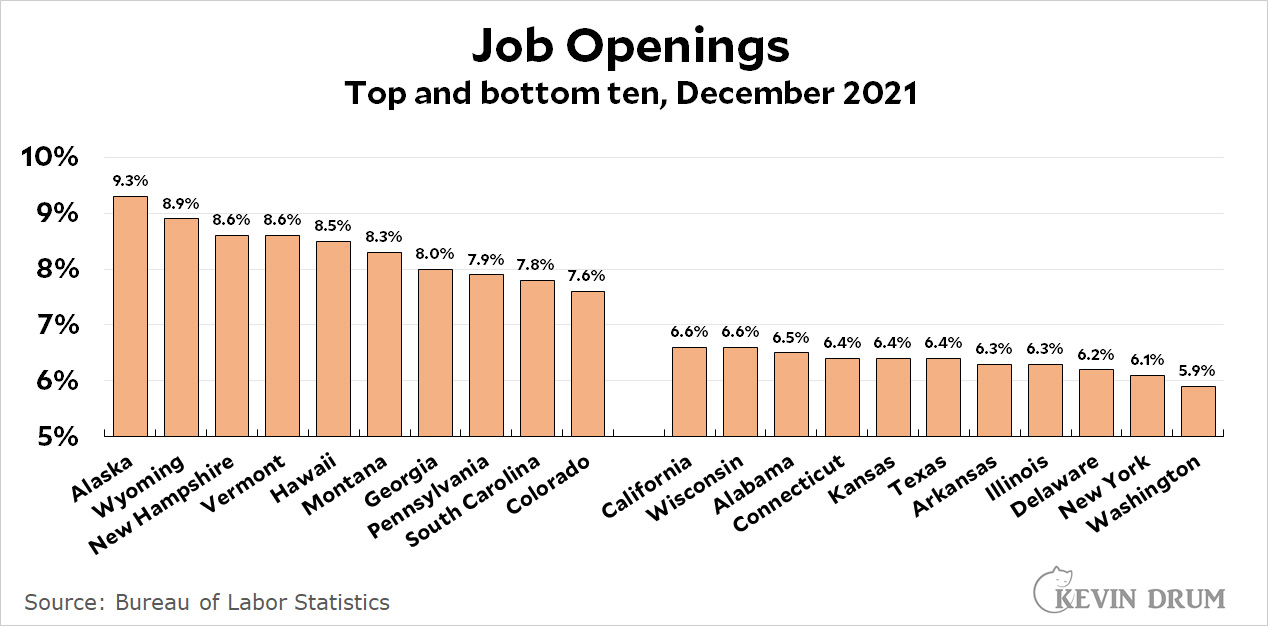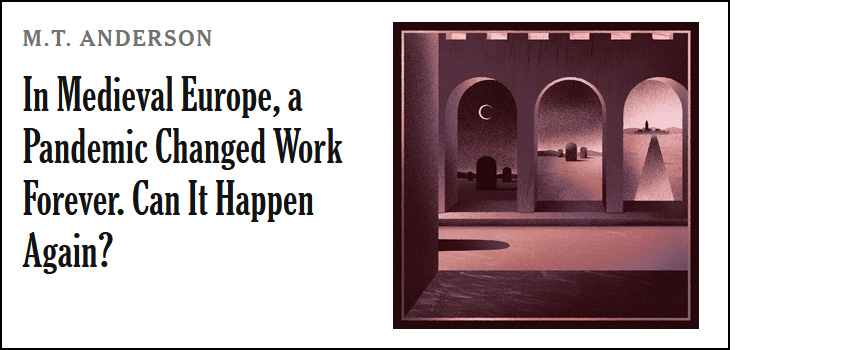Over at New York magazine, Eric Levitz offers up a lengthy column titled, "Ibram X. Kendi Does Not Run the Democratic Party."
It's difficult to excerpt, but he's basically taking on a recent Matt Bai column that excoriates leftists for their unhinged levels of identity politics and—sorry, but I can't think of a better word—semi-insane levels of wokeness. Levitz's argument is that even if this accurately describes certain quarters of the left, the mainstream of the Democratic Party remains doggedly mainstream:
My argument here is not that the worldview referenced by Bai is powerless....The problem with Bai’s piece is not that he criticizes some left-wing ideas despite knowing the GOP is the greater threat to liberal ideals. Rather, the problem is that he (1) falsely asserts that “mainstream” Democrats have abandoned liberal universalism for a doctrine of “vengeance” against white people and (2) suggests it would be rational for liberals to respond to this by withholding support for Democratic candidates, even as he produces no evidence to support either contention.
In a hyper-technical sense, Levitz is right. Most Democratic politicians—with Joe Biden very much in the lead—really are middle of the road. As much as Fox News would like to pretend otherwise, conservative attacks on wokeness almost never implicate actual members of Congress or other prominent Democratic politicos. That's because most prominent Democrats aren't big fans of wokeness.
But this misses the point. Mainstream Democrats might not believe this stuff, but they also aren't willing to loudly criticize it. And without that, Fox News has the stage all to themselves. They can run a segment about some writer or activist or school board member who has crackpot ideas and then just leave it dangling. Their audience will assume this is the direction liberals are going and nobody will step up to plainly say it's wrong.
As an example, consider everyone's favorite boogeyman, "defund the police." It became famous during the BLM protests in 2020, but is it a mainstream Democratic position? Absolutely not. There's not a single member of Congress who believes it in its literal sense, and very few who even believe it in its "clarified" sense of being merely a call to reduce or redistribute police funding.
Great! So dozens or hundreds of Democratic pols immediately stepped up to angrily denounce the idea and the people who backed it. Right?
Of course not. Your average Democratic mayor or governor or senator just kept their mouth shut. After all, why take the chance of becoming a target of woke activists and the Black community? They figured it would just fade away before long anyway.
On an individual level, that might be the smart play. But when everyone makes the smart play, it means that "defund the police" is left hanging out there with only the slightest pushback from the mainstream of the Democratic Party. Is it any wonder that Fox News gleefully takes advantage of that? Or that centrist voters end up vaguely thinking that Democrats are anti-police even as murder rates are soaring?
If mainstream Democrats are afraid to call out the worst excesses of their own party for fear of being called racist if they make even a slight mistake in how they do it, then they can hardly blame anyone for believing that the party embraces those excesses. Is this fair? Maybe, maybe not. But who cares? Fair or not, it's the way things are.







